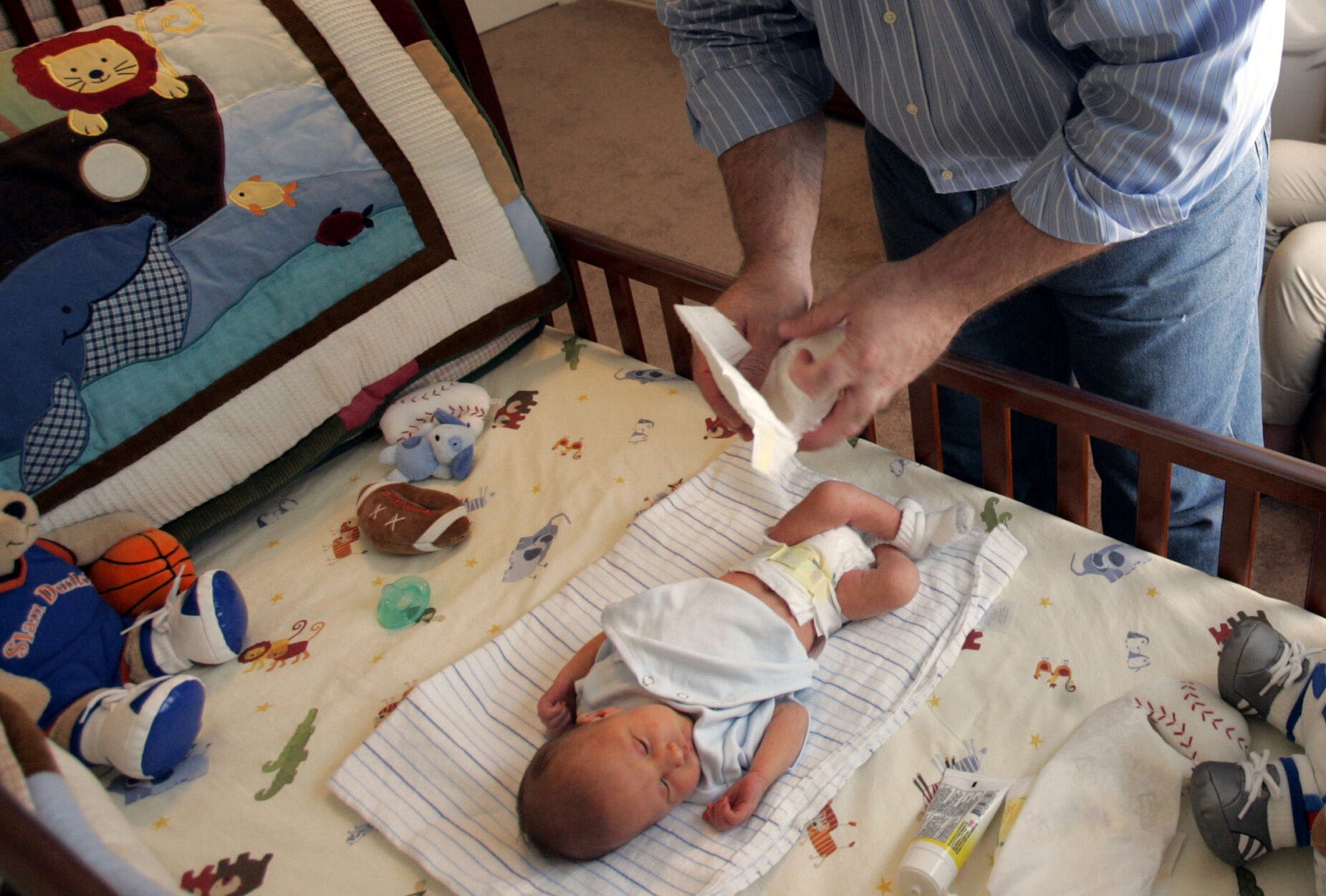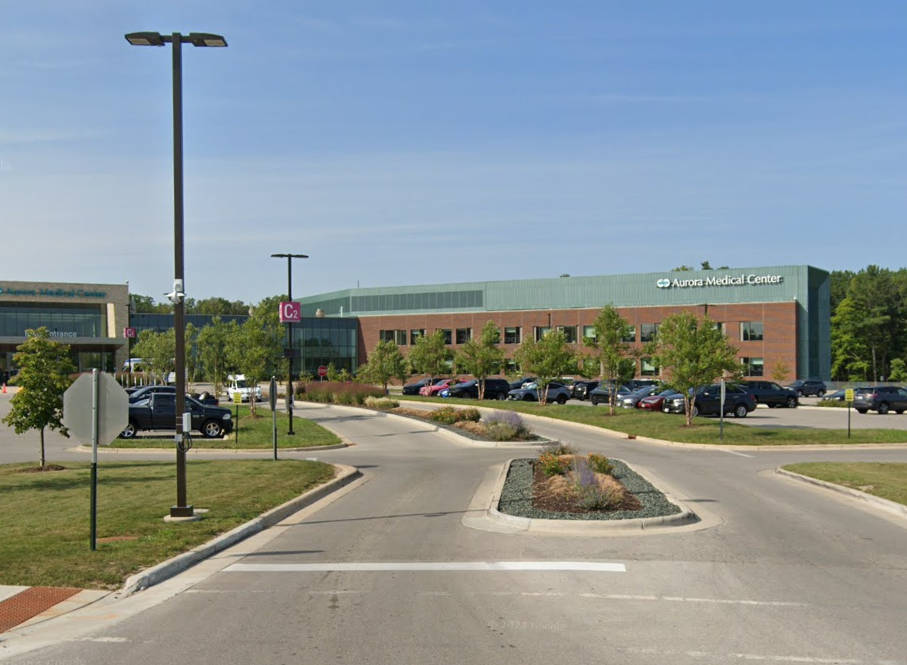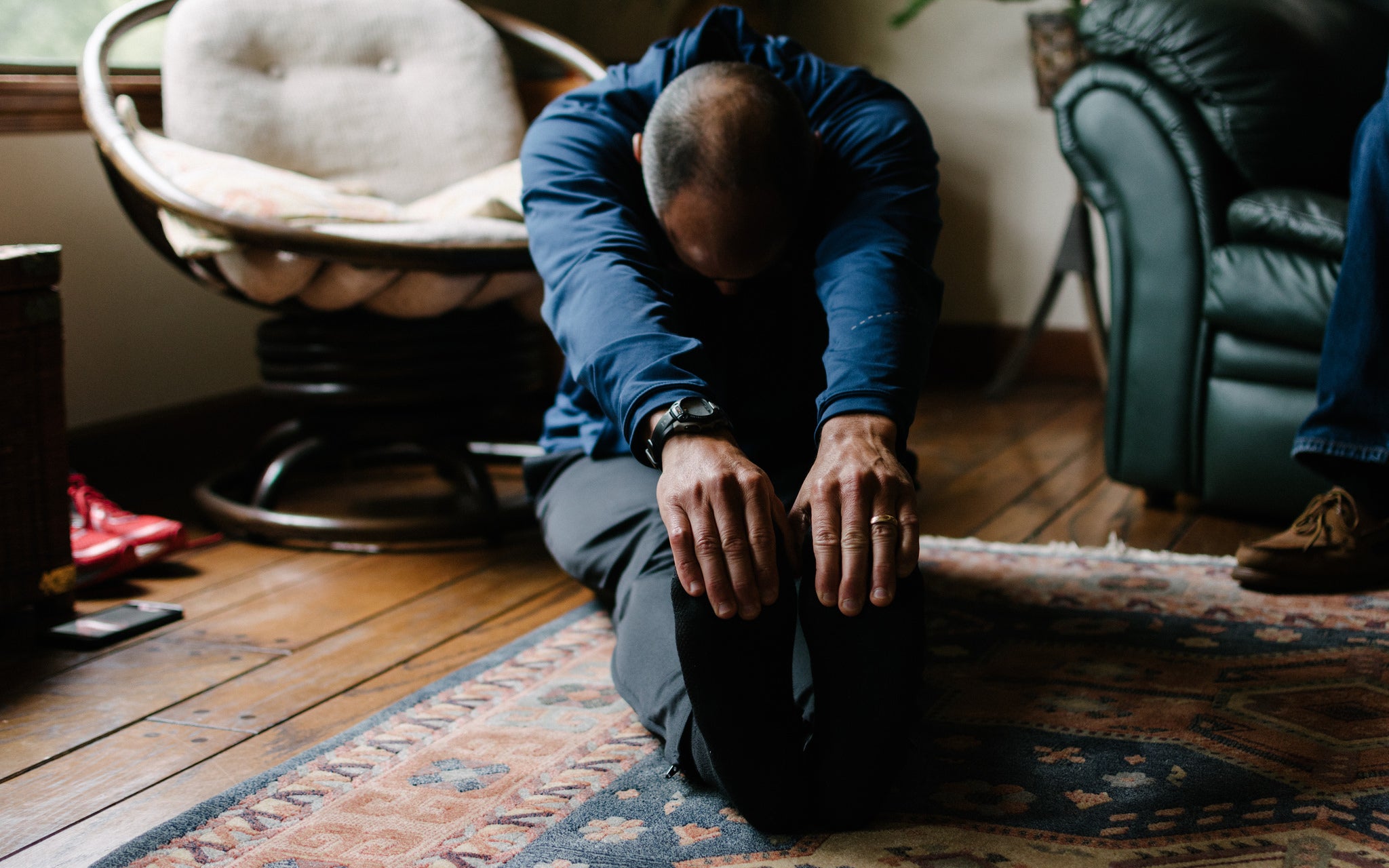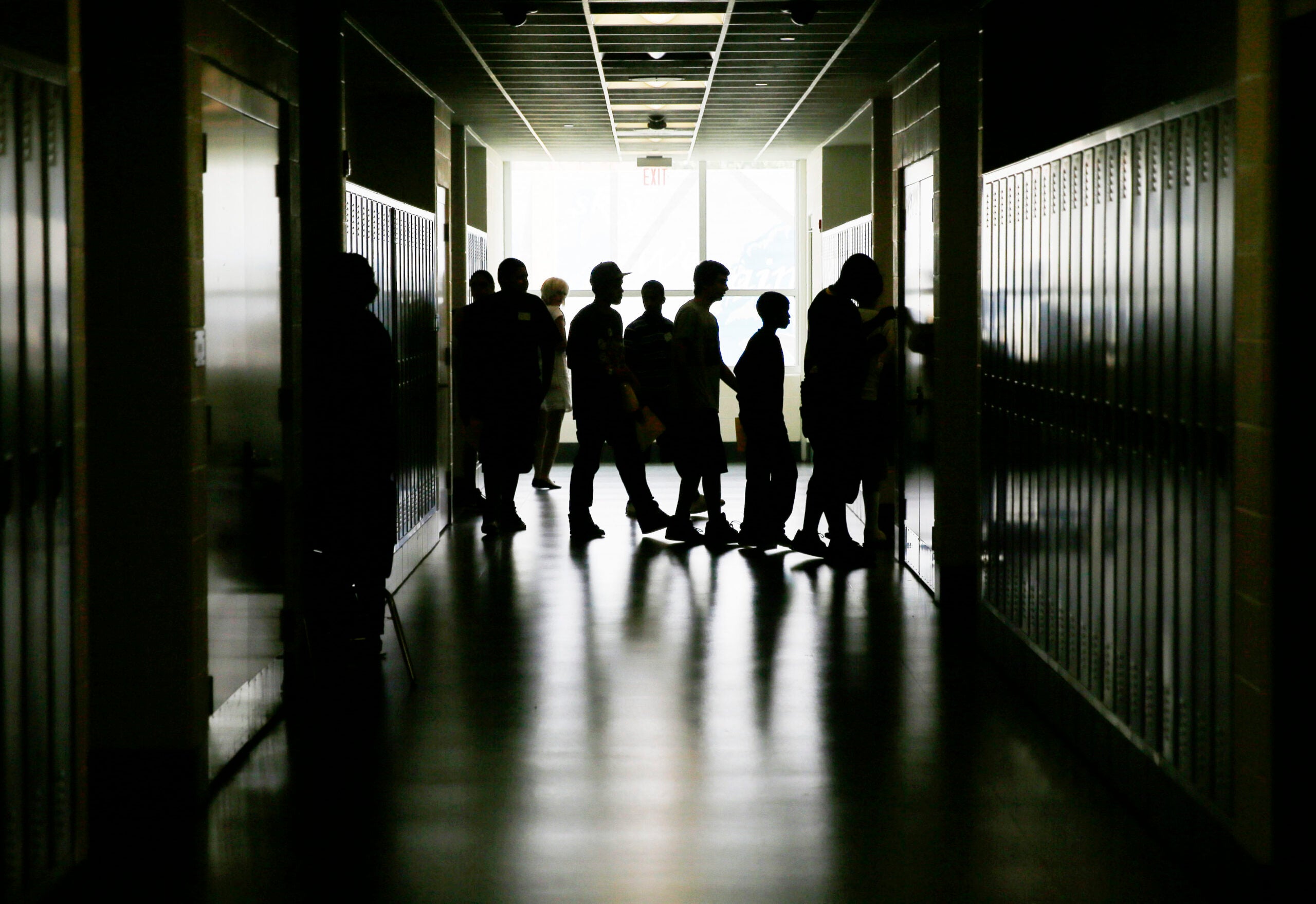University of Wisconsin-Madison social work professor Tova Walsh is glad more people are paying attention to postpartum depression in moms. She said that’s a big improvement.
Still, she recently published research on paternal mental health and said anyone of any gender can struggle after having a new baby. That struggle can sometimes reach a point of clinical depression, she told WPR’s “Wisconsin Today.”
“I think we still really overlook (paternal postpartum depression),” Walsh said.
News with a little more humanity
WPR’s “Wisconsin Today” newsletter keeps you connected to the state you love without feeling overwhelmed. No paywall. No agenda. No corporate filter.
Postpartum depression affects about 1 in 7 women after giving birth. That figure is about 1 in 10 men, who tend to have different symptoms than moms, Walsh said. Her research focused on fathers.
“Fathers are more likely to feel more irritable or to mask their symptoms,” she said.
Walsh said men experiencing postpartum depression tend to show avoidant behaviors, such as isolating themselves and spending less time with their families. They might also use numbing mechanisms to cope. Those could include drinking alcohol more than usual or throwing themselves into work or hobbies. Men might also show fewer open signs of sadness.
“What’s really important to pay attention to is, if (the stress is) not getting better, if it’s a prolonged period of time that you are really not feeling like yourself,” Walsh said.
Struggling with basic everyday tasks and feeling disconnected from your partner or child are also signs that someone should seek help, she said.
Walsh’s and others’ research has found that dads’ involvement in their partners’ pregnancies, postpartum care and raising of children improves health outcomes for the entire family. Alternatively, postpartum depression can harm infant health.
“When dads are involved, have strong relationships and are caring parents to their children, that is associated with better outcomes of all kinds: better social and emotional well-being, better outcomes in school, all kinds of health outcomes,” Walsh said. “The role of fathers is really key and is sometimes overlooked.”
For help: Walsh said those who are struggling with postpartum depression should consult their health care providers and/or Postpartum Support International, which also has a support group for new dads. The 988 crisis hotline also offers phone call, text and online support resources.







